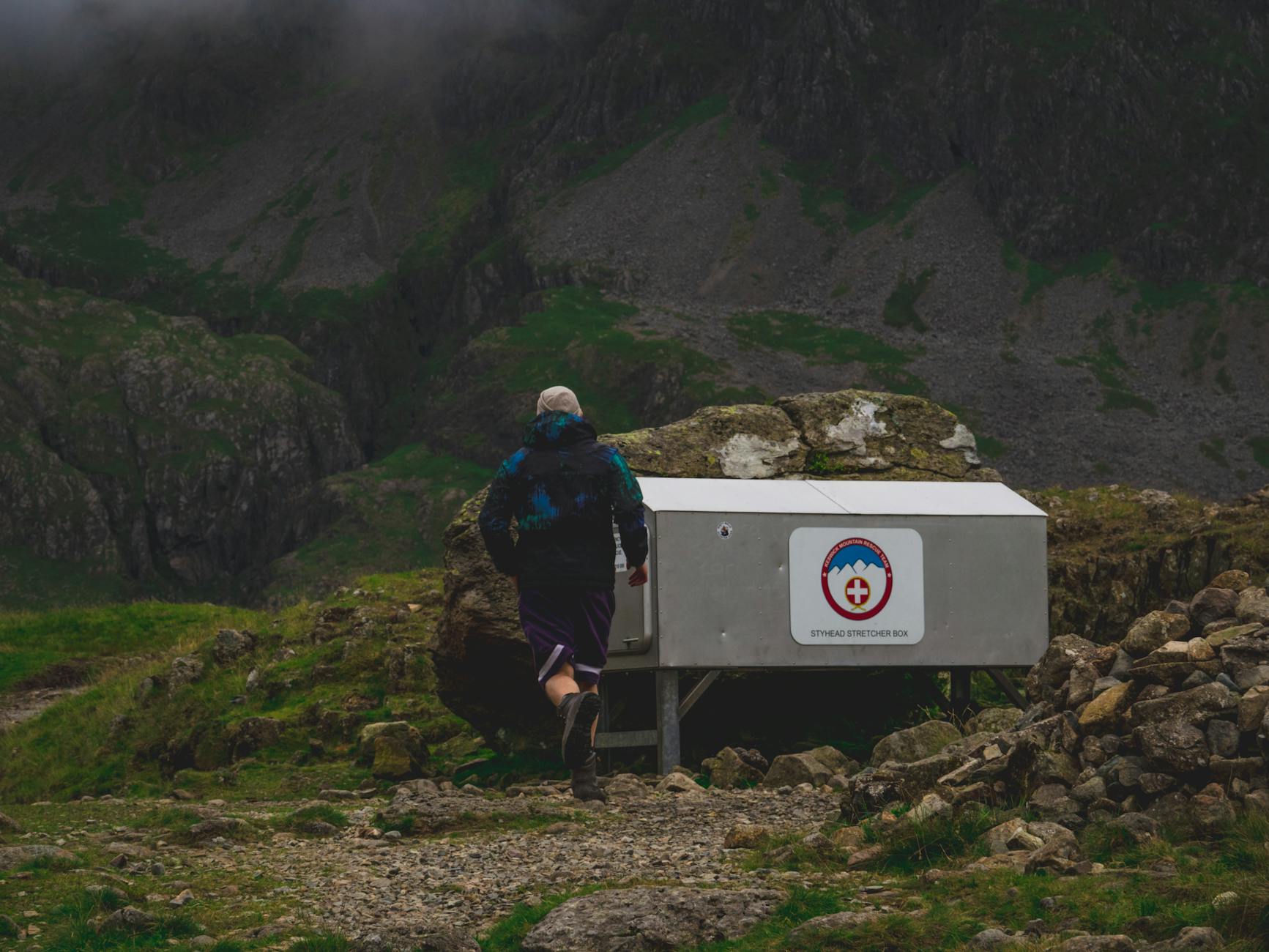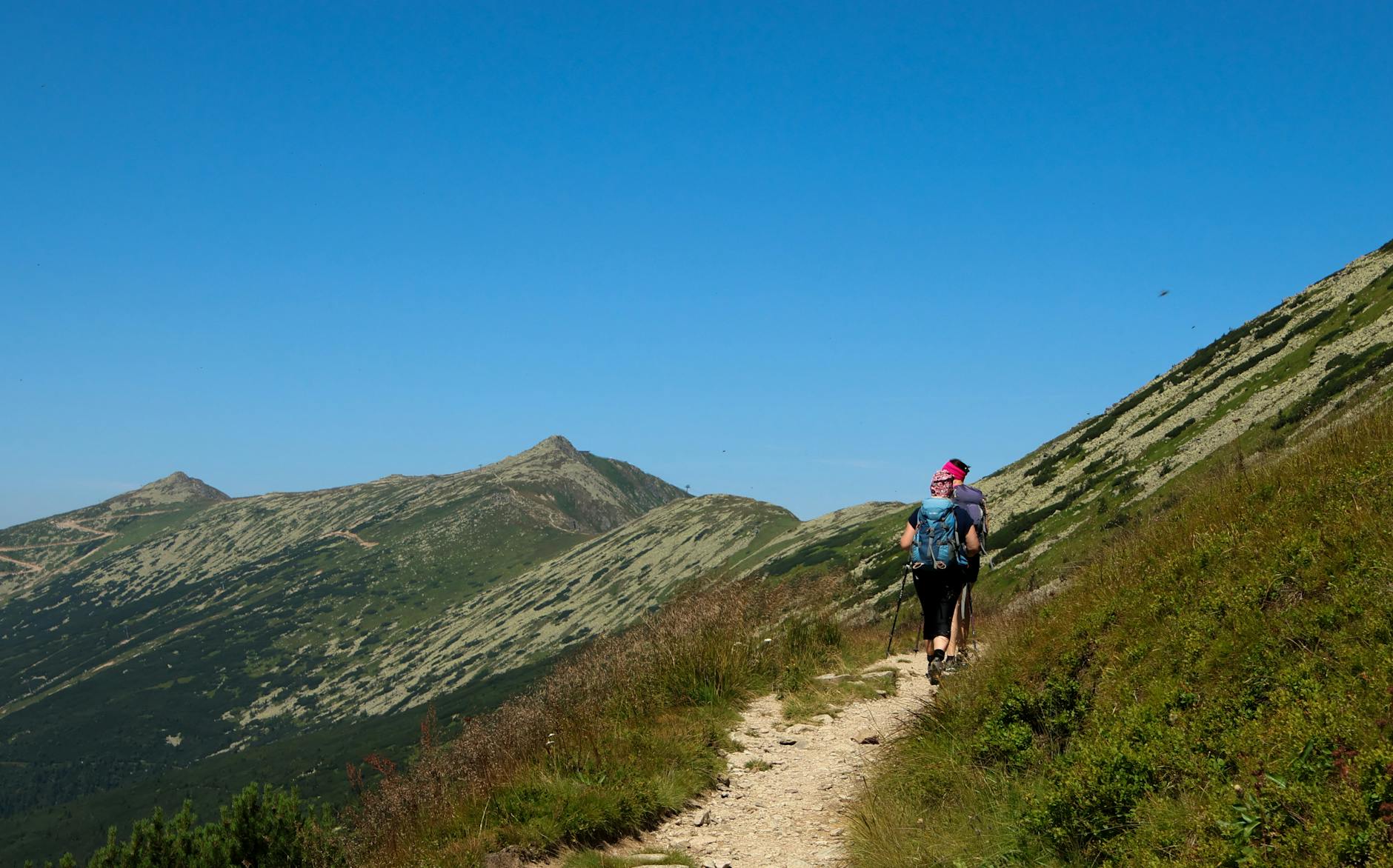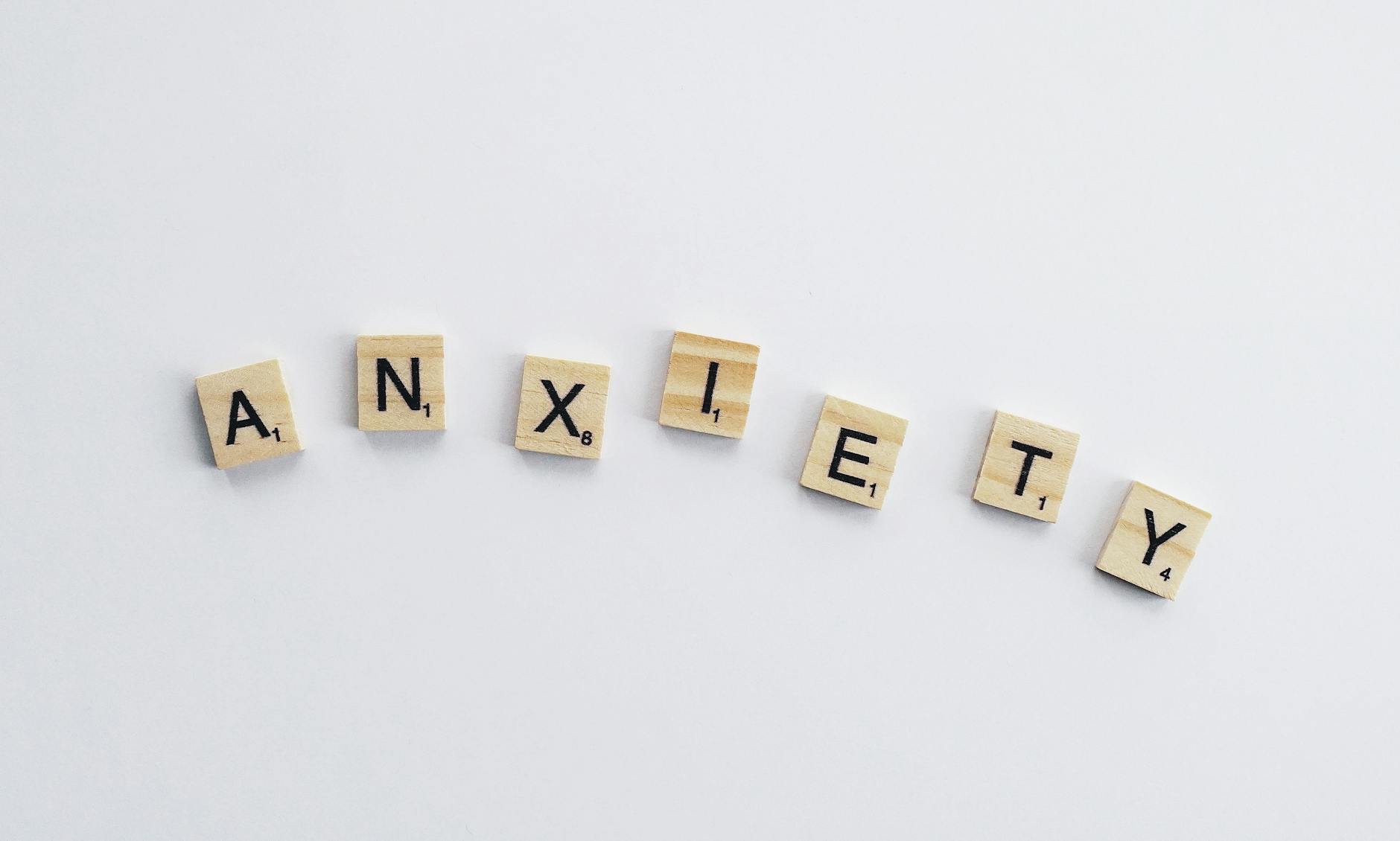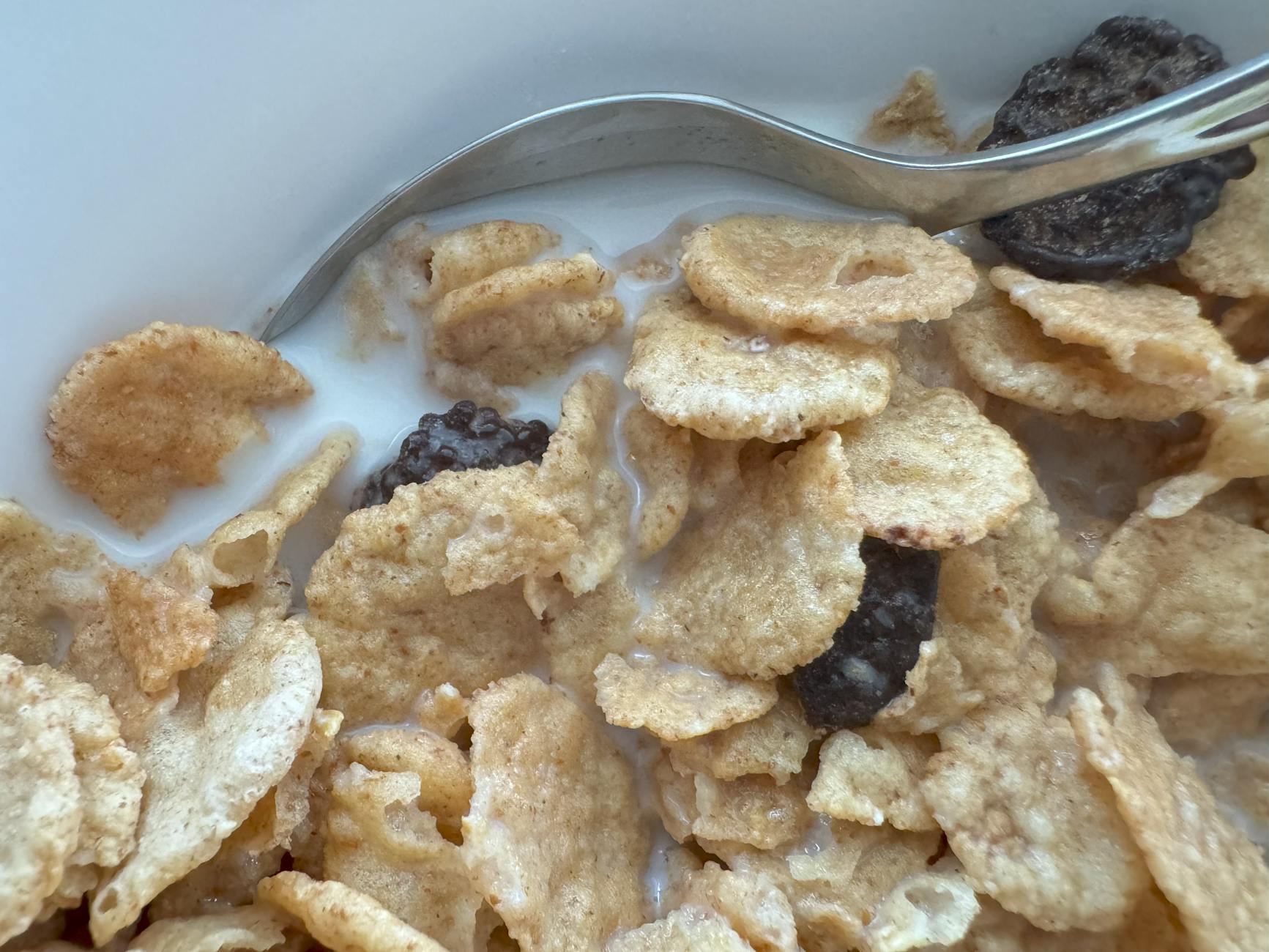
Embarking on a journey should be an exciting adventure, not a health hazard. Yet, many travelers find themselves battling fatigue, illness, and stress while exploring new destinations. How can you make the most of your travels without compromising your well-being?
And Here You Will Learn How To Stay Healthy While Travelling ?
The key lies in adopting smart, health-conscious habits that seamlessly integrate into your travel routine. From maintaining a balanced diet in unfamiliar culinary landscapes to staying active amidst packed itineraries, there are numerous strategies to keep your body and mind in top shape. This guide will explore six essential areas: nutrition, physical activity, rest, hygiene, stress management, and emergency preparedness. By mastering these aspects, you’ll not only safeguard your health but also enhance your travel experience, ensuring you return home with vibrant memories rather than unwelcome souvenirs of illness or exhaustion.

Maintain a Balanced Diet
Maintaining a balanced diet while traveling is crucial for staying healthy and energized throughout your journey. By following these strategies, you can ensure that your nutritional needs are met, even when away from home.
A. Pack healthy snacks
Bringing your own nutritious snacks is an excellent way to maintain a balanced diet during your travels. Consider packing:
- Fresh fruits like apples, bananas, or grapes
- Raw nuts and seeds
- Whole grain crackers with individual servings of nut butter
- Homemade trail mix with dried fruits and nuts
B. Limit alcohol consumption
While it’s tempting to indulge in local drinks, excessive alcohol intake can negatively impact your health and travel experience. Follow these tips:
- Set a daily limit for alcoholic beverages
- Alternate between alcoholic drinks and water
- Choose lower-alcohol options when available
C. Stay hydrated
Proper hydration is essential for maintaining overall health and combating travel-related fatigue. Here are some ways to ensure you stay hydrated:
- Carry a reusable water bottle and refill it regularly
- Drink water with every meal
- Consume hydrating foods like fruits and vegetables
- Use a hydration tracking app to monitor your daily intake
D. Choose nutritious meals at restaurants
Eating out doesn’t have to mean sacrificing your balanced diet. When dining at restaurants:
| Healthy Choices | Less Healthy Options |
|---|---|
| Grilled or baked dishes | Fried or breaded items |
| Salads with dressing on the side | Creamy soups or heavy sauces |
| Lean proteins (fish, chicken, tofu) | High-fat meats (bacon, sausage) |
| Whole grain sides | Refined carbohydrates |
| Steamed or roasted vegetables | Dishes with excessive cheese or butter |
By making informed choices and prioritizing nutrition, you can maintain a balanced diet while still enjoying local cuisines and flavors during your travels.

Stay Active During Your Trip
Maintaining an active lifestyle while traveling is crucial for your overall health and well-being. Here are some effective ways to stay fit and energized during your journey:
A. Incorporate stretching into your routine
Start your day with a quick stretching routine to keep your muscles flexible and prevent stiffness from long periods of sitting. Here’s a simple routine you can follow:
- Neck rolls
- Shoulder shrugs
- Arm circles
- Torso twists
- Standing quad stretches
- Calf raises
B. Try local sports or activities
Immerse yourself in the local culture while staying active by participating in regional sports or activities. This approach not only keeps you fit but also enhances your travel experience. Consider:
| Activity | Benefits |
|---|---|
| Surfing in Hawaii | Improves balance and core strength |
| Hiking in the Alps | Boosts cardiovascular health |
| Yoga in India | Enhances flexibility and mindfulness |
| Soccer in Brazil | Increases agility and teamwork skills |
C. Use hotel fitness facilities
Take advantage of your accommodation’s fitness amenities. Most hotels offer gyms or swimming pools, providing convenient options to maintain your workout routine. If you prefer guidance, inquire about fitness classes or personal training sessions.
D. Walk or bike to explore destinations
Opt for active transportation methods to discover your travel destinations. Walking or biking allows you to:
- Burn calories while sightseeing
- Discover hidden gems off the beaten path
- Reduce your carbon footprint
- Save money on transportation costs
By incorporating these strategies into your travel plans, you can maintain your fitness levels and enjoy a more vibrant, health-conscious journey. Next, we’ll explore the importance of prioritizing sleep and rest during your travels to ensure optimal health and energy levels.

Prioritize Sleep and Rest
Maintaining proper sleep and rest routines is crucial for staying healthy while traveling. Adequate sleep boosts your immune system, enhances cognitive function, and helps you fully enjoy your trip. Here are some strategies to ensure you get the rest you need:
Take short power naps when needed
When jet lag or a busy itinerary disrupts your sleep schedule, a quick power nap can be rejuvenating. Follow these guidelines for effective power napping:
- Keep naps between 10-20 minutes
- Find a quiet, comfortable spot
- Use an eye mask and earplugs if necessary
- Set an alarm to avoid oversleeping
Stick to a consistent sleep schedule
Maintaining a regular sleep routine helps regulate your body’s internal clock. Try to:
- Go to bed and wake up at similar times each day
- Aim for 7-9 hours of sleep per night
- Avoid screens for at least an hour before bedtime
Create a comfortable sleep environment
Transform your accommodation into a sleep-friendly space:
| Element | Tips |
|---|---|
| Light | Use blackout curtains or an eye mask |
| Sound | Try earplugs or white noise apps |
| Temperature | Keep the room cool (60-67°F / 15-19°C) |
| Bedding | Bring a travel pillow or pillowcase for familiarity |
Adjust to new time zones gradually
Minimize jet lag by:
- Gradually shifting your sleep schedule before departure
- Staying awake until local bedtime upon arrival
- Exposing yourself to natural light during the day
- Avoiding caffeine and heavy meals close to bedtime
By prioritizing sleep and rest during your travels, you’ll have more energy to explore and enjoy your destination. With these healthy sleep habits in place, let’s move on to another crucial aspect of travel health: practicing good hygiene.

Practice Good Hygiene
Maintaining good hygiene practices is crucial for staying healthy while traveling. By following these essential steps, you can significantly reduce the risk of illness and enjoy your trip to the fullest.
A. Wash hands frequently
Frequent handwashing is one of the most effective ways to prevent the spread of germs. Always wash your hands:
- Before and after meals
- After using the bathroom
- After touching frequently used surfaces in public spaces
Use soap and water, scrubbing for at least 20 seconds to ensure thorough cleaning.
B. Keep personal items clean
Don’t forget to regularly clean and disinfect your personal belongings:
- Wipe down your phone, tablet, and other electronic devices
- Clean your reusable water bottle daily
- Wash or sanitize your travel pillow and blanket
C. Be cautious with water sources
Water quality can vary greatly depending on your destination. Take these precautions:
| Water Source | Precaution |
|---|---|
| Tap water | Research if it’s safe to drink; if unsure, use bottled water |
| Ice cubes | Avoid in countries with unsafe tap water |
| Fresh produce | Wash thoroughly with clean water or peel before consuming |
D. Use hand sanitizer
When soap and water aren’t available, hand sanitizer is an excellent alternative. Keep these tips in mind:
- Choose an alcohol-based sanitizer with at least 60% alcohol content
- Apply enough to cover all surfaces of your hands
- Rub hands together until they feel dry
By incorporating these hygiene practices into your travel routine, you’ll be better equipped to stay healthy and make the most of your journey. Next, we’ll explore how to manage stress and maintain good mental health while traveling.

Manage Stress and Mental Health
Traveling can be exhilarating, but it can also take a toll on your mental well-being. To ensure a fulfilling and stress-free journey, consider the following strategies:
Allow downtime in your itinerary
Avoid the temptation to overschedule your trip. Instead, incorporate leisure time into your travel plans:
- Schedule at least one “free” day for every week of travel
- Leave gaps between activities for spontaneous exploration or rest
- Plan for relaxation activities, such as spa treatments or nature walks
Stay connected with loved ones
Maintaining connections with family and friends can provide emotional support and reduce homesickness:
- Set up regular video calls or check-ins
- Share photos and updates on social media
- Consider bringing a small memento from home for comfort
Practice mindfulness or meditation
Incorporating mindfulness techniques can help manage travel-related stress and anxiety:
- Use meditation apps for guided sessions
- Practice deep breathing exercises during transit
- Engage in mindful observation of your surroundings
Plan ahead to reduce travel anxiety
Proper preparation can alleviate much of the stress associated with travel:
| Planning Aspect | Action Items |
|---|---|
| Documentation | Organize passports, visas, and tickets |
| Itinerary | Create a flexible schedule with key activities |
| Packing | Prepare a comprehensive packing list |
| Transportation | Research and book in advance when possible |
By implementing these strategies, you can maintain better mental health while traveling, allowing you to fully enjoy your experiences and create lasting memories. Remember that self-care is crucial, even when you’re away from home. With a balanced approach to managing stress and prioritizing your mental well-being, you’ll be better equipped to handle any challenges that may arise during your journey.

Prepare for Health Emergencies
Now that we’ve covered ways to maintain your health while traveling, it’s crucial to be prepared for unexpected health issues that may arise during your trip. Here’s how to ensure you’re ready for any health emergencies:
A. Get necessary vaccinations before traveling
Before embarking on your journey, consult with your healthcare provider or a travel clinic to determine which vaccinations you need. Different destinations may require specific immunizations to protect against local diseases.
| Vaccine Type | Common Destinations |
|---|---|
| Hepatitis A | Mexico, Southeast Asia |
| Yellow Fever | Parts of Africa, South America |
| Typhoid | India, Africa, Southeast Asia |
| Meningitis | Sub-Saharan Africa |
B. Research local healthcare options
Familiarize yourself with the healthcare system at your destination:
- Locate nearby hospitals and clinics
- Save emergency numbers in your phone
- Check if your insurance covers international medical care
- Consider purchasing travel health insurance for added protection
C. Carry important medications
Don’t forget to pack essential medications:
- Bring enough prescription medications for your entire trip, plus extra
- Carry a copy of your prescriptions and doctor’s note
- Keep medications in their original, labeled containers
- Research local regulations regarding prescription drugs
D. Pack a basic first-aid kit
A well-stocked first-aid kit can be a lifesaver. Include:
- Bandages and gauze
- Antiseptic wipes
- Pain relievers
- Antihistamines
- Antidiarrheal medication
- Insect repellent
- Sunscreen
By taking these precautions, you’ll be better equipped to handle health emergencies while traveling. Next, we’ll summarize the key points to remember for staying healthy on your journey.

Traveling offers incredible experiences, but maintaining good health during journeys is crucial for enjoyment and well-being. By following the strategies outlined in this guide, travelers can significantly reduce health risks and enhance their overall travel experience. A balanced diet, regular physical activity, adequate rest, proper hygiene, stress management, and preparedness for emergencies form the foundation of a healthy travel routine.
Implementing these practices not only safeguards physical health but also contributes to mental well-being, ensuring travelers are fully present and energized to embrace new adventures. Remember, a healthy traveler is a happy traveler. Make health a priority on your next journey and reap the rewards of a more fulfilling and memorable travel experience.
